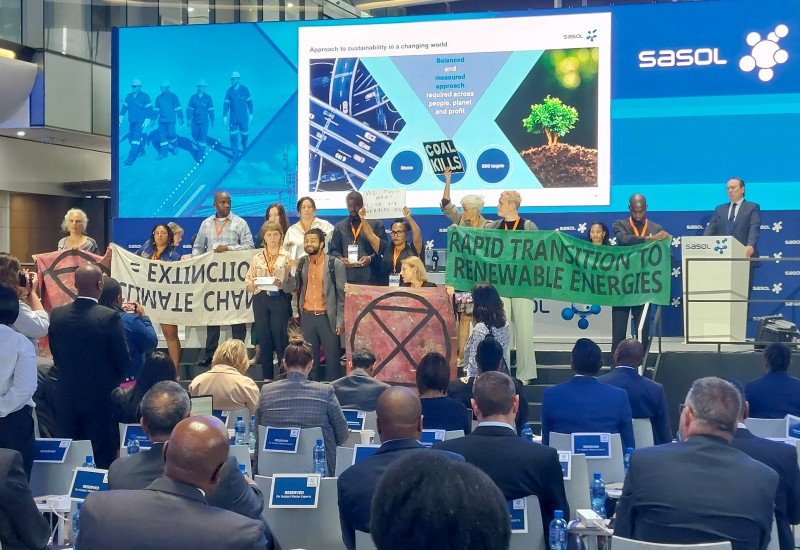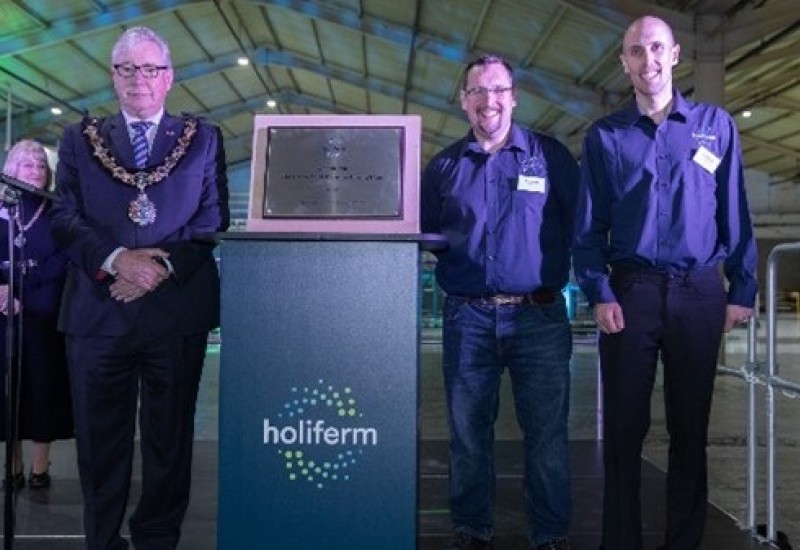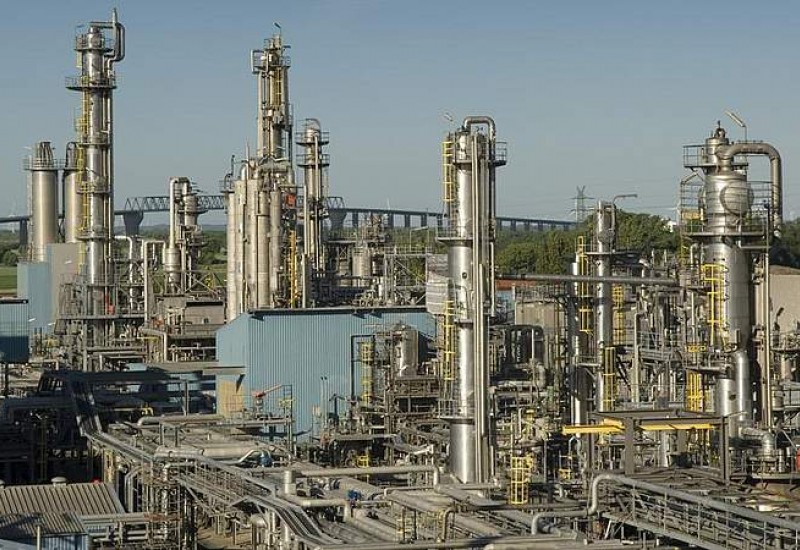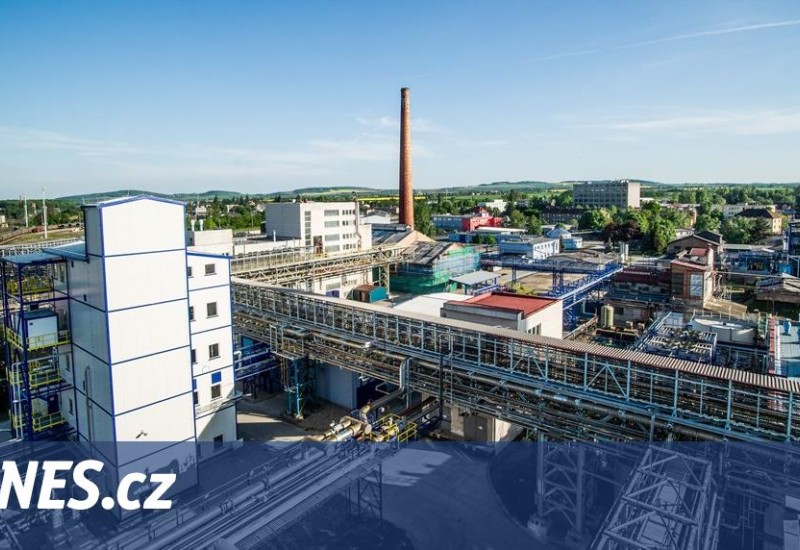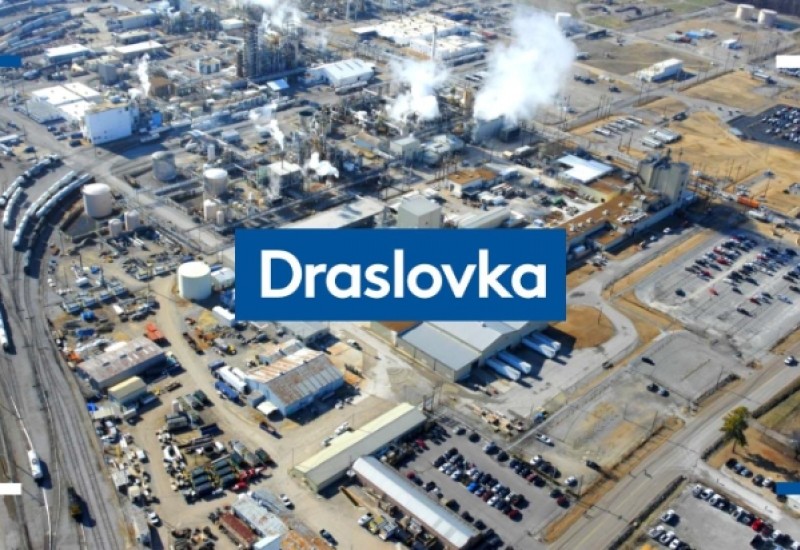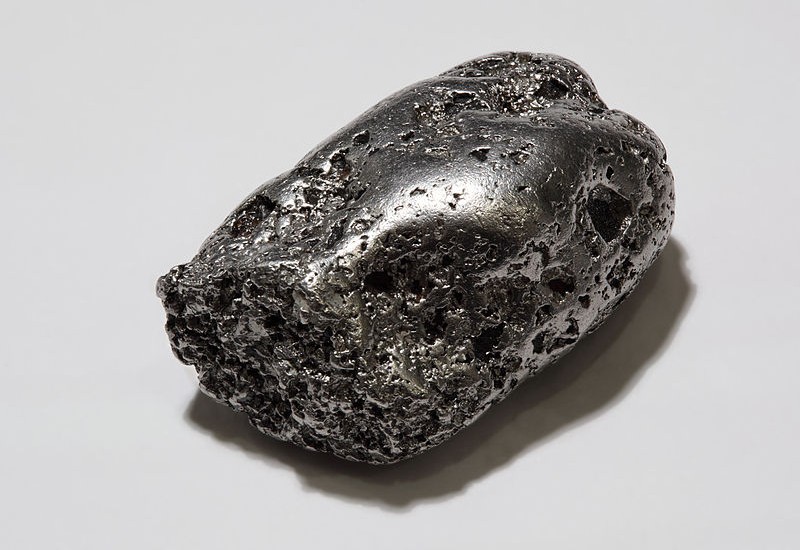Three in green energy deals
Three speciality chemicals companies signed agreements to source more renewable electricity for key sites in February. In Europe, Evonik concluded separate long-term power purchase agreements (PPAs) for solar and wind power, while Arkema signed multiple agreements covering four main sites in the US and Sasol and Air Liquide have concluded a third PPA in South Africa.



